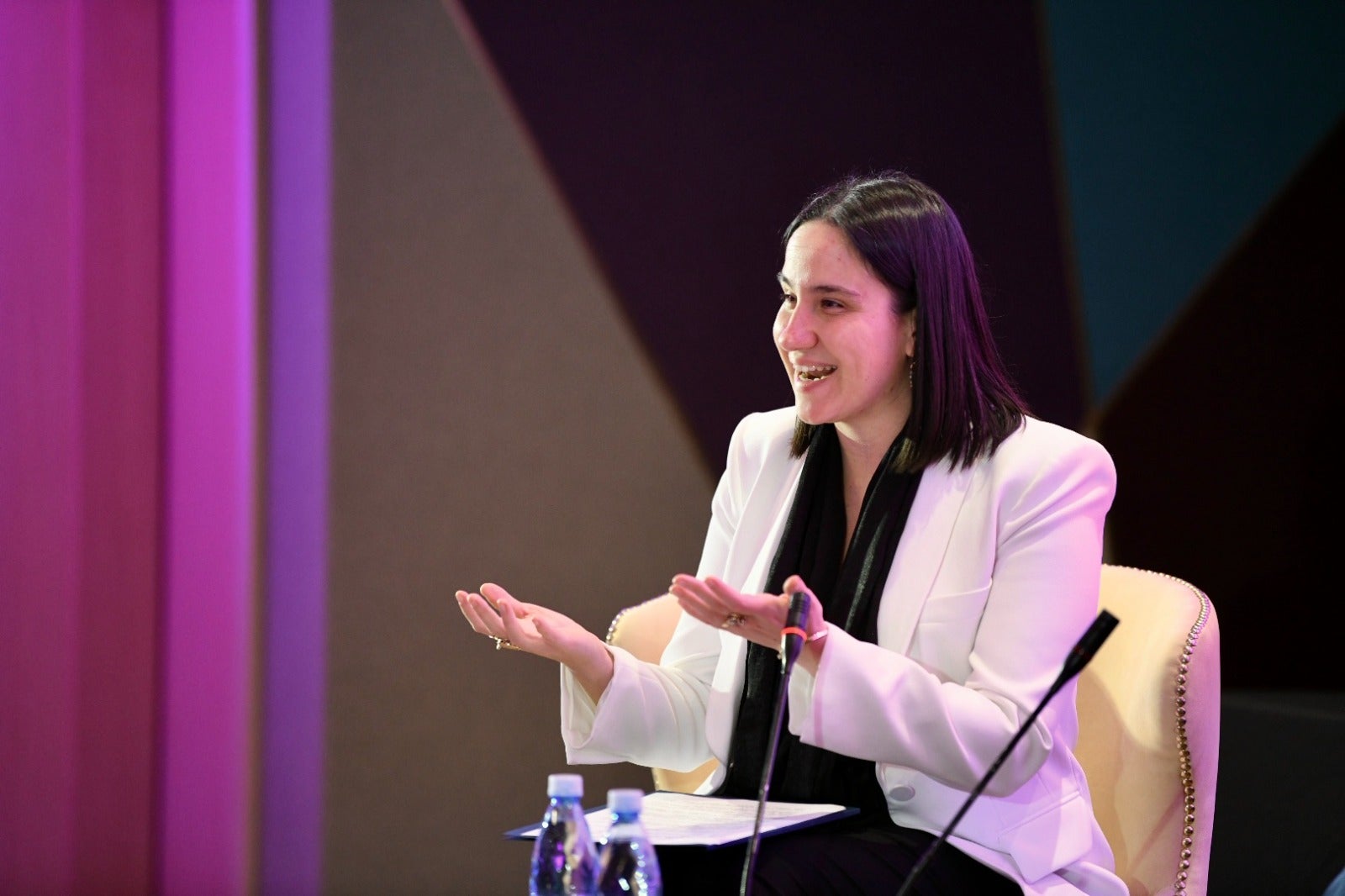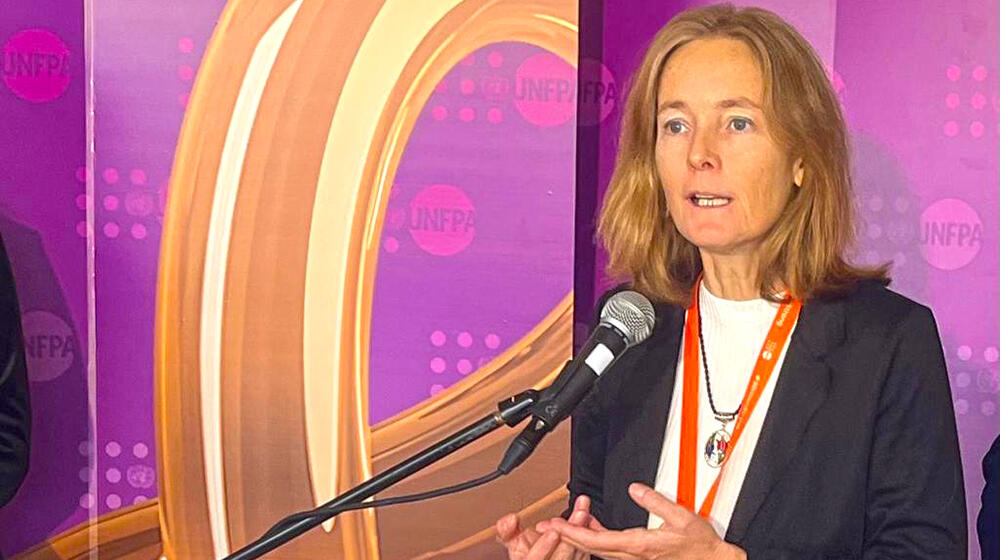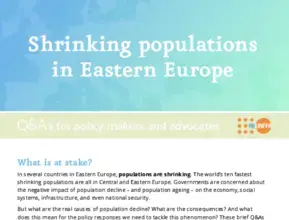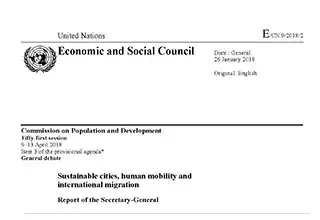SARAJEVO, 14 November 2022 – Mayors and young people from 47 cities across Eastern Europe and Central Asia have gathered in Sarajevo to discuss ways to build youth-friendly cities in a region marked by rapid demographic change.
The two-day conference, organized by UNFPA, the United Nations Population Fund, in collaboration with the City and Mayor of Sarajevo and the Bosnia and Herzegovina Associations of Municipalities from both entities, coincides with the world marking the global population reaching 8 billion on 15 November.
“Cities have a crucial role to play in creating environments in which young people can thrive and fulfil their potential,” said Florence Bauer, UNFPA’s Regional Director Eastern Europe and Central Asia. “Truly youth-friendly cities care about young people’s well-being and opportunities, and thereby contribute to making societies better prepared to handle demographic change.”
“Young people are a pillar of development for our city,” said Benjamina Karic, the Mayor of Sarajevo. “With so many young people leaving the country, it is crucial for cities to create environments and opportunities to keep young people here.”

While the global population is expected to grow for decades to come, in more and more countries, especially in Eastern Europe, population growth has stalled or reversed, largely due to a combination of high outmigration and low birth rates. At the same time, populations across the region are ageing rapidly.
Investing in opportunities for young people has emerged as a key strategy for countries to respond to demographic change.
“When young people have access to quality services, employment and public participation, they are less likely to feel compelled to leave their countries and start a family abroad,” added Ms. Bauer.
A new initiative, Cities for Demographic Resilience, was launched by UNFPA at the conference today to support municipalities in their ability to adapt to demographic change and harness the opportunities that also come with it.
UNFPA supports governments through its Demographic Resilience Programme in developing comprehensive policies to address demographic change based on evidence and human rights. It works with governments, civil society and the private sector on a range of programmes, including expanding gender-responsive family policies, fostering a more equal distribution of care responsibilities between men and women, strengthening opportunities for young people, and building societies for all ages.
For more information:
Jens-Hagen Eschenbaecher, UNFPA Eastern Europe and Central Asia, +905497483655, eschenbaecher@unfpa.org
Majda Prljaca, UNFPA Bosnia and Herzegovina, +38761171673, prljaca@unfpa.org





